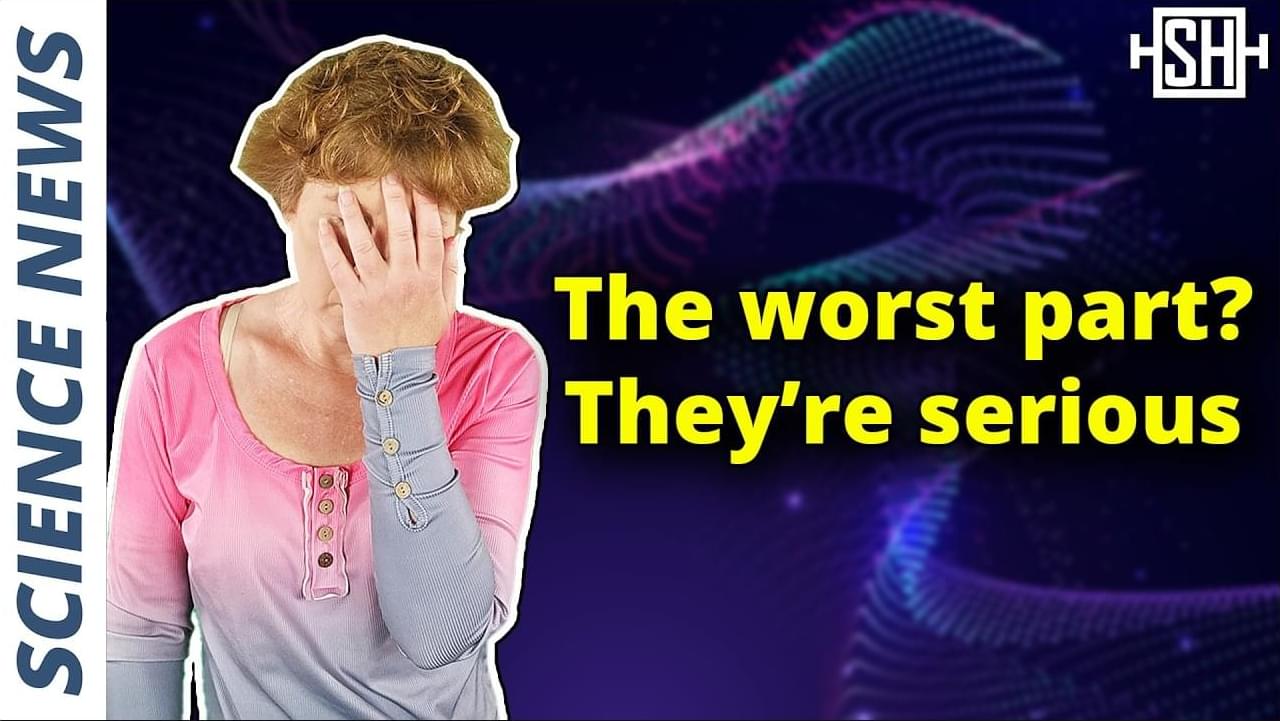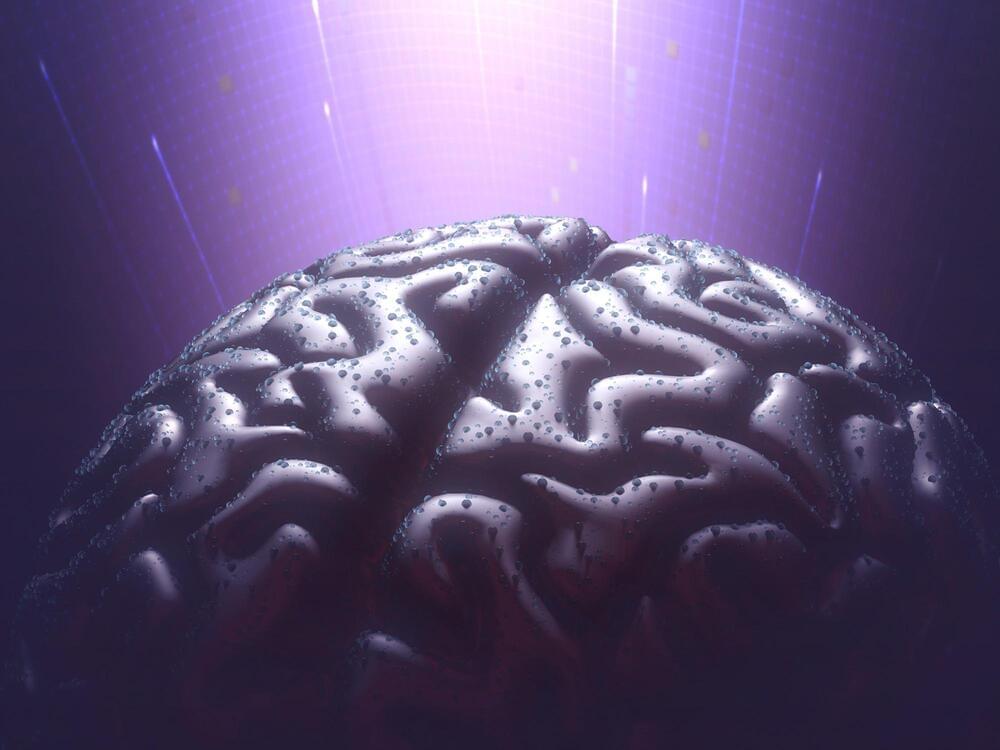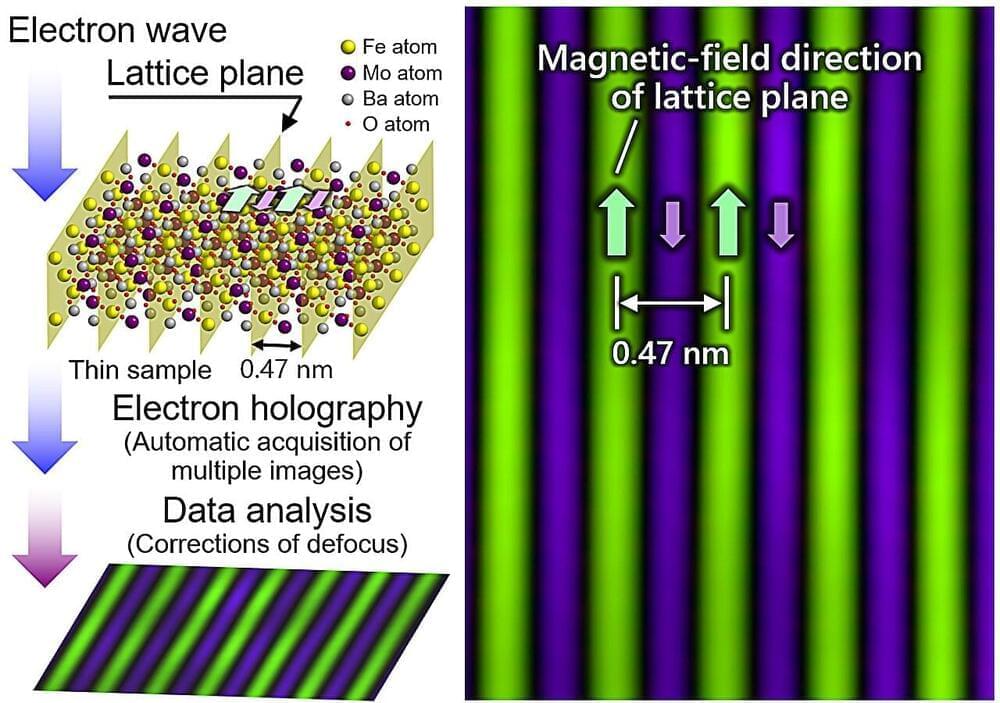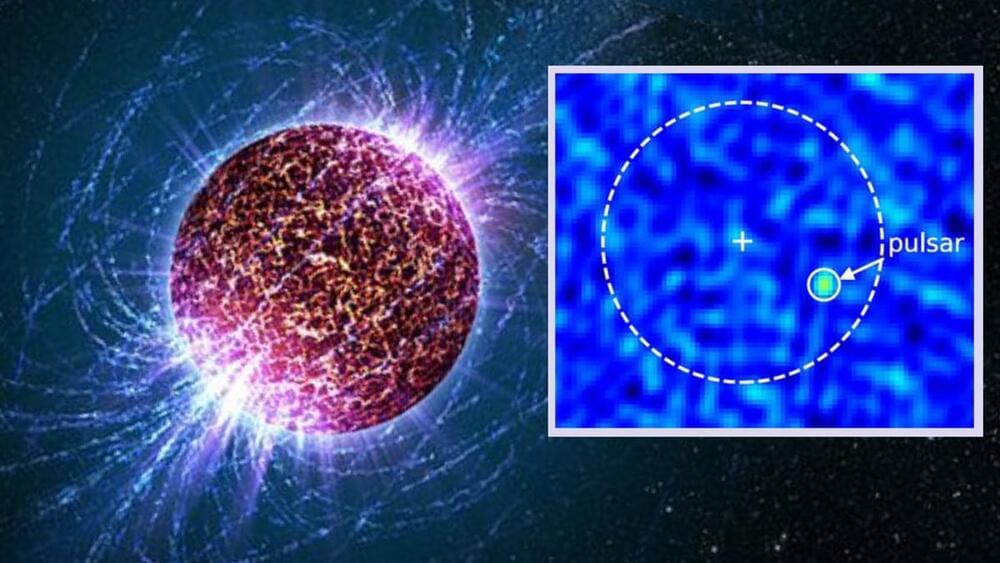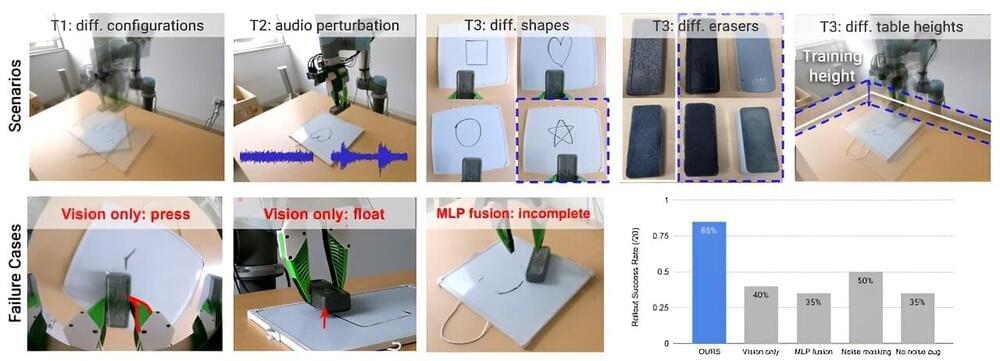Jul 5, 2024
AI could prove that reality doesn’t exist, physicists say
Posted by Dan Breeden in categories: humor, open access, quantum physics, robotics/AI
Learn science in the easiest and most engaging way possible with Brilliant! First 30 days are free and 20% off the annual premium subscription when you use our link ➜ https://brilliant.org/sabine.
A group of physicists wants to use artificial intelligence to prove that reality doesn’t exist. They want to do this by running an artificial general intelligence as an observer on a quantum computer. I wish this was a joke. But I’m afraid it’s not.
Continue reading “AI could prove that reality doesn’t exist, physicists say” »
